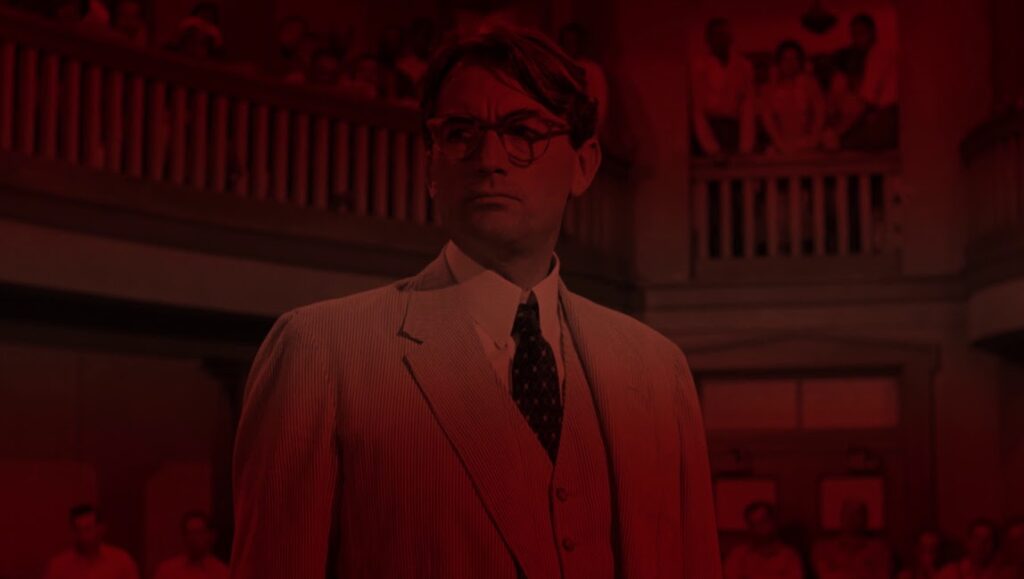The name of Dotham, Alabama comes from Genesis and 2 Kings: The Dothan of the Bible is where Elisha sees his vision of flaming chariots, conjured as a miracle. The town has seen no miracles. Instead, its day-in and day-out history of sin has become a banal staple amongst the townspeople, and dissent must be voiced in hushed tones. It’s in Dothan that filmmaker Travis Wilkerson’s great-grandfather, S. E. Branch, killed a black man, Bill Spann, and got away with it. Wilkerson’s Did You Wonder Who Fired the Gun?, the director’s second feature — narrated in his noir-influenced radio-play format — follows this Biblical path: the sins of the father are visited by the son. Wilkerson himself must dive into his family history to figure out the truth. Outside the title, however, Wilkerson does no wondering: he knows that Branch killed Spann, and the recent white-on-black killings have brought a level of shame that Wilkerson can no longer ignore. These killings — and the Black Lives Matters response to them — act as a current for the filmmaker to push forward in, as each part of his journey is prefaced with Janelle Monae and Wondaland’s radical rally cry (“Hell You Talmbout”). This journey includes footage of dilapidated Alabama towns, cleverly rearranged footage of S. E. Branch, and still photos gathered from whoever still has memories. As Wilkerson’s detective routine gives him a few more clues, citizens of Dothan and neighboring towns become more open about the event, where Spann may be buried, and how to find out more.
However, Wilkerson’s effort also attracts the attention of his sister Jean, an ex-hippie who’s recently joined the Southern nationalist League of the South, and who’s not terribly keen on speaking ill of her killer relative — nor is she terribly keen on her brother finding anything out. And although Wilkerson bluntly states that he doesn’t want to give the League a platform, Neo-Confederate imagery persists throughout his film; in fact, a long section overlays League leader Michael Hill’s white supremacist agenda (shot like a child’s YouTube rant: a ersatz-professional intro graphic emblazons the “Southern News Network,” but it’s followed by a low-quality headshot of Hill rambling about nationalism) over Wilkerson’s own sister’s presence at a League march. It’s a shot that reveals Did You Wonder Who Fired the Gun?’s real ambition: not justice, not answers, but an unveiling of the emotional division between current Southern whites. Pride, and the threat of taking away that pride, has determined much politics and history in the white South. Wilkerson shows here that the opposite of pride is not weak guilt, but a stronger sense of community.
Published as part of New York Film Festival 2017 | Dispatch 5.


Comments are closed.